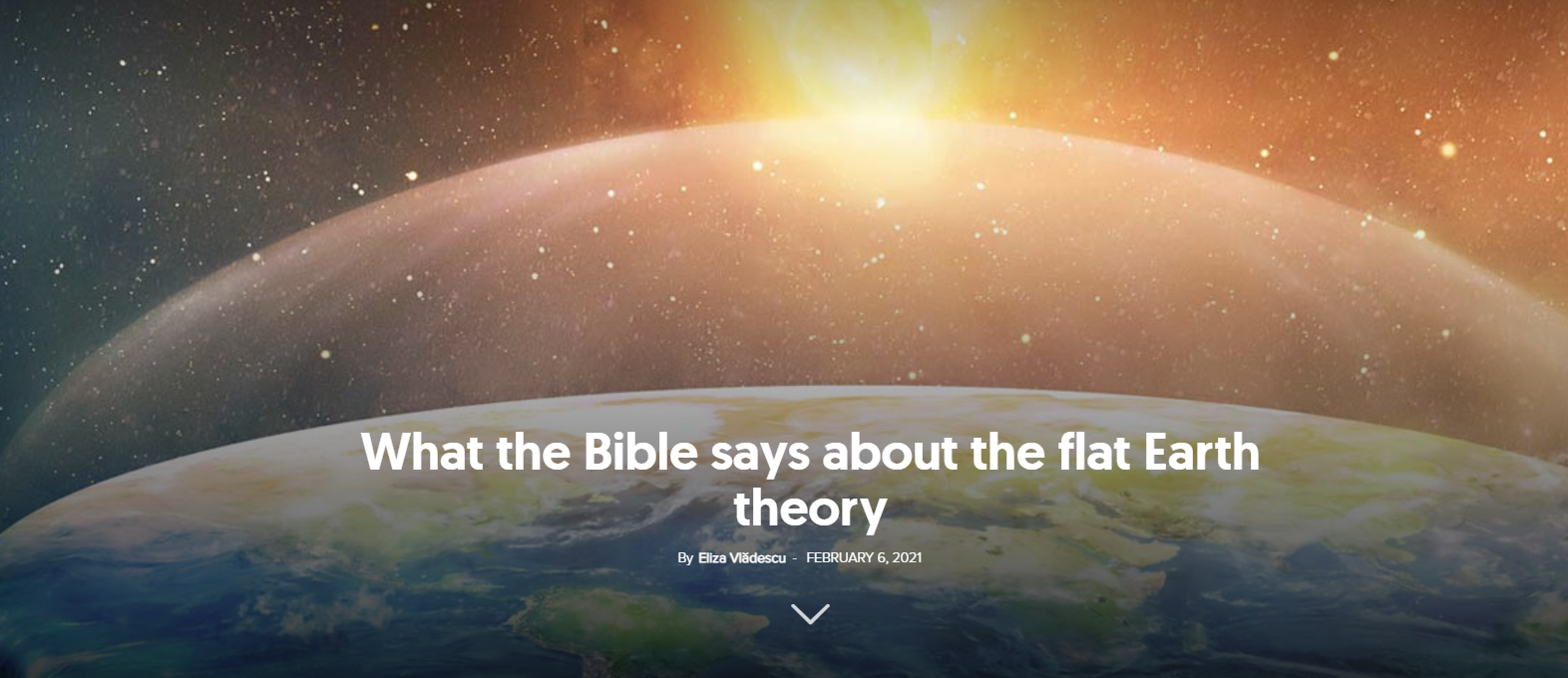Atheists frequently invoke the theory that in the Middle Ages, Christians (not just lay people, but even church leaders) believed in the myth of the flat Earth.
Furthermore, it is said that the Church initially refused to finance Christopher Columbus’ voyage to the Indies on the grounds that the Earth was flat and that there was a danger that the navigators would fall into the void with their ships when they reached the edge of the Earth.
In the book A History of the Life and Voyages of Christopher Columbus, Washington Irving (1783–1859) describes in detail an alleged meeting between Columbus and several inquisitors, within the Council of Salamanca. On that occasion, Columbus is said to have tried to convince them that the Earth is round, in order to receive the necessary funding for the trip he wanted to undertake. Today, historians denounce Irving’s account as a figment of a rich imagination. Moreover, there are clear indications that the educated people of medieval society no longer believed, at that time, that the Earth was flat.
In reality, the fact that the Earth is round has been known since Antiquity. The first author known to have stated that the Earth is round was Pythagoras (582-507 BC), followed by Aristotle (384-322 BC), and Eratosthenes of Cyrene (276-194 BC). In fact, Eratosthenes is known to have even calculated the circumference of the Earth, which later proved to have an error of only two percent compared to the size of the circumference established by specialists today.
If this point had been clarified so long ago, how could it have been possible for the myth of the flat Earth to arise? Professor Jeffrey Burton Russell, from the University of California, wrote a book, Inventing the Flat Earth, in which he tried to find an answer to this riddle.
“I am still amazed at where it [the myth] first appears. No one before the 1830s believed that medieval people thought that the earth was flat”.[1] This is what Russell writes, referring to the idea that medieval people believed in the flatness of the planet.
Moreover, the author expresses his conviction that the perpetuation of the myth is closely related to the desire of 19th-century evolutionists to discredit Christianity, inducing the idea that religion, in its bigotry and ignorance, seeks to hinder the development of science. Russell strongly contradicts this view, arguing that the Church and the Christians of the Middle Ages did not affirm that the Earth was flat.




















